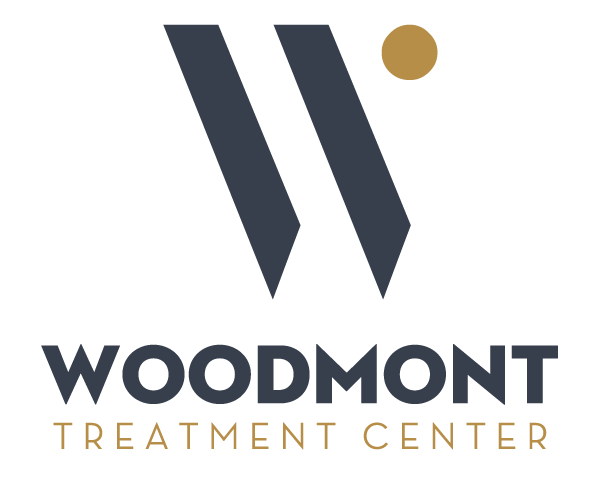Addiction recovery is a multifaceted process, often requiring a combination of therapies and lifestyle changes. While traditional treatments such as therapy and medication play an essential role, alternative therapies like mindfulness and yoga are increasingly recognized for their powerful impact on the healing process. These practices help individuals develop a deeper sense of self-awareness, reduce stress, and cultivate a healthier mind and body—critical components in sustaining long-term recovery. At Woodmont Treatment Center of New Jersey, we integrate mindfulness and yoga into our holistic treatment approach to support individuals as they reclaim their lives from addiction.
Understanding Mindfulness in Recovery
Mindfulness involves focusing your attention on the present moment with acceptance and without judgment. It is rooted in meditation practices but has been adapted in modern times to address a wide range of mental health and addiction challenges. The core of mindfulness is cultivating awareness of your thoughts, emotions, and physical sensations, which helps individuals understand their reactions to various situations without becoming overwhelmed by them. By practicing mindfulness, individuals can begin to notice negative thought patterns and emotional triggers that may lead to cravings or relapse. This awareness allows them to respond consciously rather than react impulsively, which is essential for maintaining sobriety.
The Benefits of Mindfulness for Addiction Recovery
Stress Reduction
Stress is a major trigger for relapse, and learning how to manage stress is critical in recovery. Mindfulness practices have been shown to reduce stress levels by calming the nervous system and promoting relaxation. By engaging in mindfulness exercises, individuals can regulate their emotions and thoughts, making them better equipped to handle stress without turning to substances.
Improved Emotional Regulation
Many individuals with addiction struggle with intense emotional fluctuations. Mindfulness helps individuals become more aware of their emotions and teaches them how to process feelings in a healthier way. By recognizing emotions as they arise, individuals can avoid impulsive reactions and cultivate a greater sense of emotional stability, which is crucial for lasting recovery.
Enhanced Self-Awareness
Mindfulness increases self-awareness by helping individuals observe their thoughts and behaviors without judgment. This heightened awareness allows them to identify triggers, cravings, and patterns of behavior that may lead to substance use. By understanding these patterns, individuals can make more conscious decisions and develop healthier coping strategies for dealing with difficult situations.
Reduced Risk of Relapse
Mindfulness can help individuals in recovery reduce the risk of relapse by fostering a non-judgmental, present-focused mindset. By practicing mindfulness, individuals can stay focused on their goals and values, rather than being consumed by past regrets or future worries. This mindset shift makes it easier to navigate challenges and avoid falling back into old, destructive habits.
Can Yoga Benefit Addiction Recovery?
Yoga, an ancient practice that combines physical postures, breathing techniques, and meditation, has become a powerful tool in addiction recovery. It emphasizes the mind-body connection, helping individuals restore balance and reconnect with themselves after the disconnection that often accompanies addiction. Yoga encourages a holistic approach to recovery by integrating physical, mental, and spiritual healing. Here listed are key benefits achieved when practicing yoga at recovery centers such as Woodmont Treatment Center:
Physical Health Restoration
Addiction often takes a toll on physical health, whether through the effects of substance abuse or neglect of self-care. Yoga helps individuals rebuild strength, flexibility, and overall physical wellness. As individuals progress in their recovery, they often experience improved energy levels, better sleep, and enhanced immune function, all of which support their recovery journey.
Improved Mind-Body Connection
Yoga encourages individuals to become more attuned to their bodies by focusing on physical sensations, breathing, and movement. This mind-body connection is essential for those in recovery, as it helps them develop a healthier relationship with their body and break free from the self-destructive behaviors that addiction often fosters.
Calming the Nervous System
Addiction often leaves individuals in a constant state of heightened stress or anxiety. Yoga’s breathing techniques and relaxation practices activate the parasympathetic nervous system, helping reduce anxiety, stress, and tension. This calming effect is particularly beneficial for those in early recovery, as it provides a natural way to cope with the emotional turmoil and uncertainty that often accompanies the process.
Emotional Healing and Self-Compassion
The yoga practice encourages mindfulness, self-compassion, and self-acceptance, which are all crucial elements in addiction recovery. Many individuals in recovery struggle with feelings of guilt, shame, or low self-worth. Yoga provides a safe space to explore these emotions in a non-judgmental environment, fostering greater self-love and acceptance.
Coping with Cravings and Triggers
Cravings and triggers are common challenges in addiction recovery, but yoga can help individuals manage these difficult moments. The mindfulness and breathwork involved in yoga can help individuals center themselves and resist the urge to give in to cravings. By practicing mindfulness in each yoga session, individuals learn to be more present and aware, which makes it easier to stay grounded when cravings arise.
Integrating Mindfulness, Yoga and Addiction Recovery at Woodmont Treatment Center
At Woodmont Treatment Center of New Jersey, we recognize the importance of treating the mind, body, and spirit in addiction recovery. That’s why we integrate mindfulness and yoga into our comprehensive treatment programs. These practices complement traditional therapies and help individuals develop the mental, emotional, and physical resilience needed for lasting recovery.
Take the First Step Toward Healing
If you or a loved one is struggling with addiction, it’s time to explore a treatment approach that addresses all aspects of healing. Woodmont Treatment Center offers various services, including mindfulness and yoga, to support your recovery journey. Our holistic approach and evidence-based treatments provide the foundation for lasting recovery.
Contact Woodmont Treatment Center today to learn more about our programs and how we can help you or your loved one navigate the path to sobriety with mindfulness and yoga. We’re here to support you every step of the way.


























